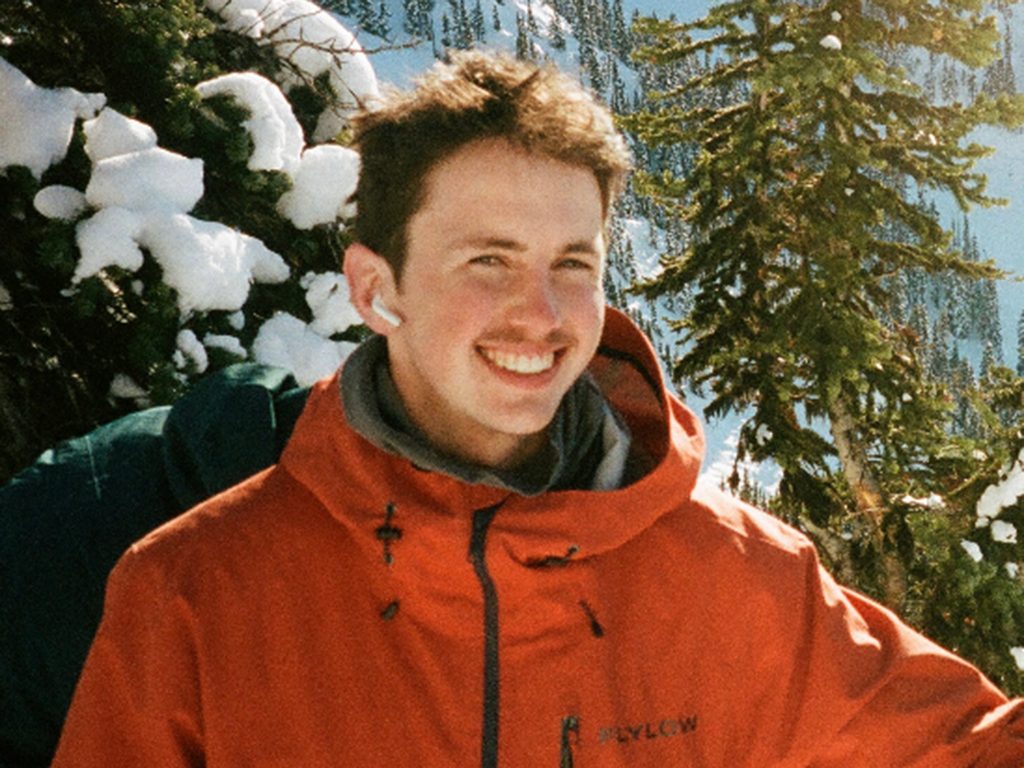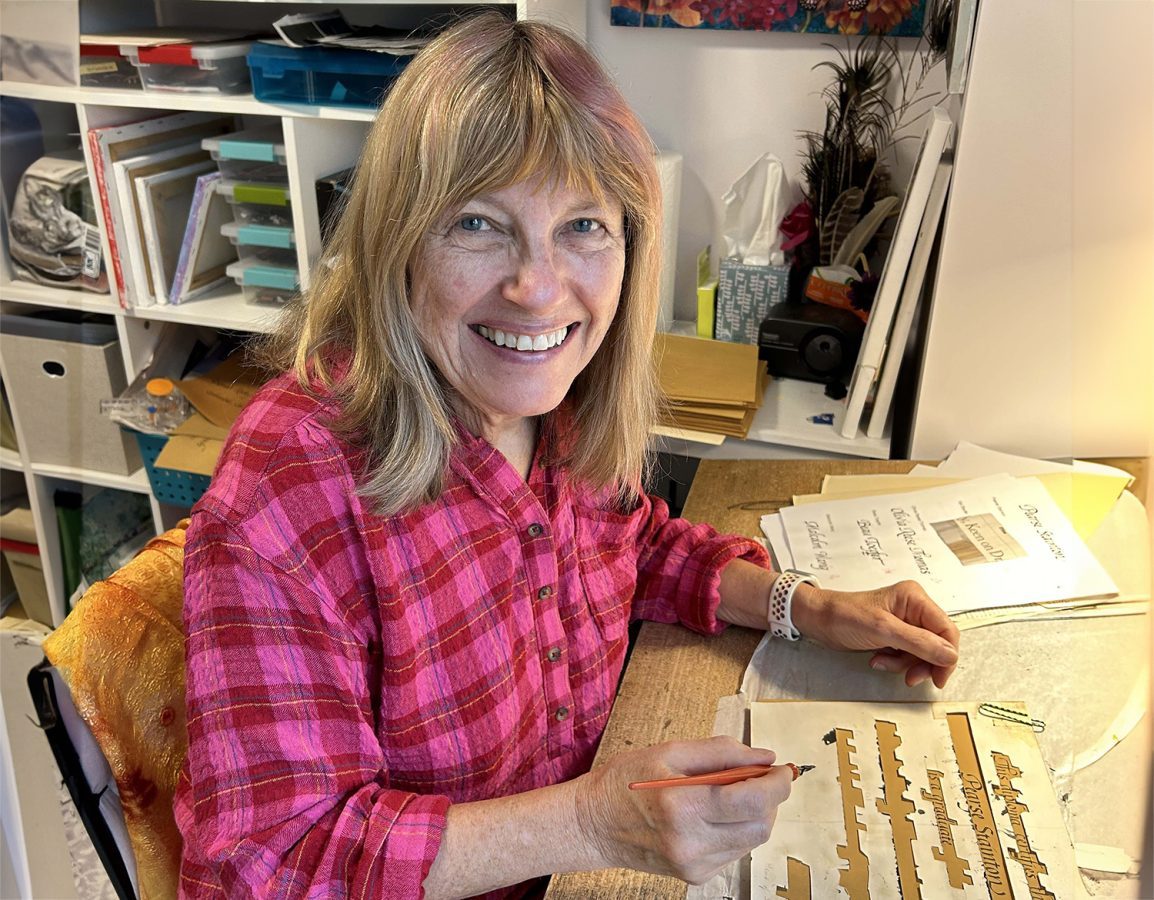Educating and connecting farmers amid challenging times
Katie Brimm ‘06 finds nexus between writing, farming, and community building with her latest educational project, Farmer Campus
Katie Brimm ’06 grew up on a small ranch in Snowmass, Colorado, with horses, chickens, and goats. You might guess that she loves the outdoors and the environment. And she does. Yet, her experiences at CRMS and in college challenged her views on people, the environment, and food. Consequently, she’s found a unique and meaningful career that connects all her passions.
Katie’s path to new perspectives began with influential teachers at CRMS. A.O. Forbes ‘69 helped Katie connect her love of the outdoors with global issues. “A.O. opened my eyes to privilege and class and those that don’t get the privilege of outdoor access,” Katie said in a recent phone conversation. Mark Clark exposed her to eastern philosophy and a larger understanding of the human condition. At the same time Dave Meyer illuminated the US’s involvement in world affairs, and Amanda Leahy helped Katie become a better writer.
“I always had a strong connection to the land and place and a strong work ethic,” says Katie. CRMS helped enhance those qualities and set Katie up for college. “My parents told me I had to go to college so I wouldn’t end up digging ditches. The irony is that I ended up ‘digging in the dirt’ as a farmer anyway.”
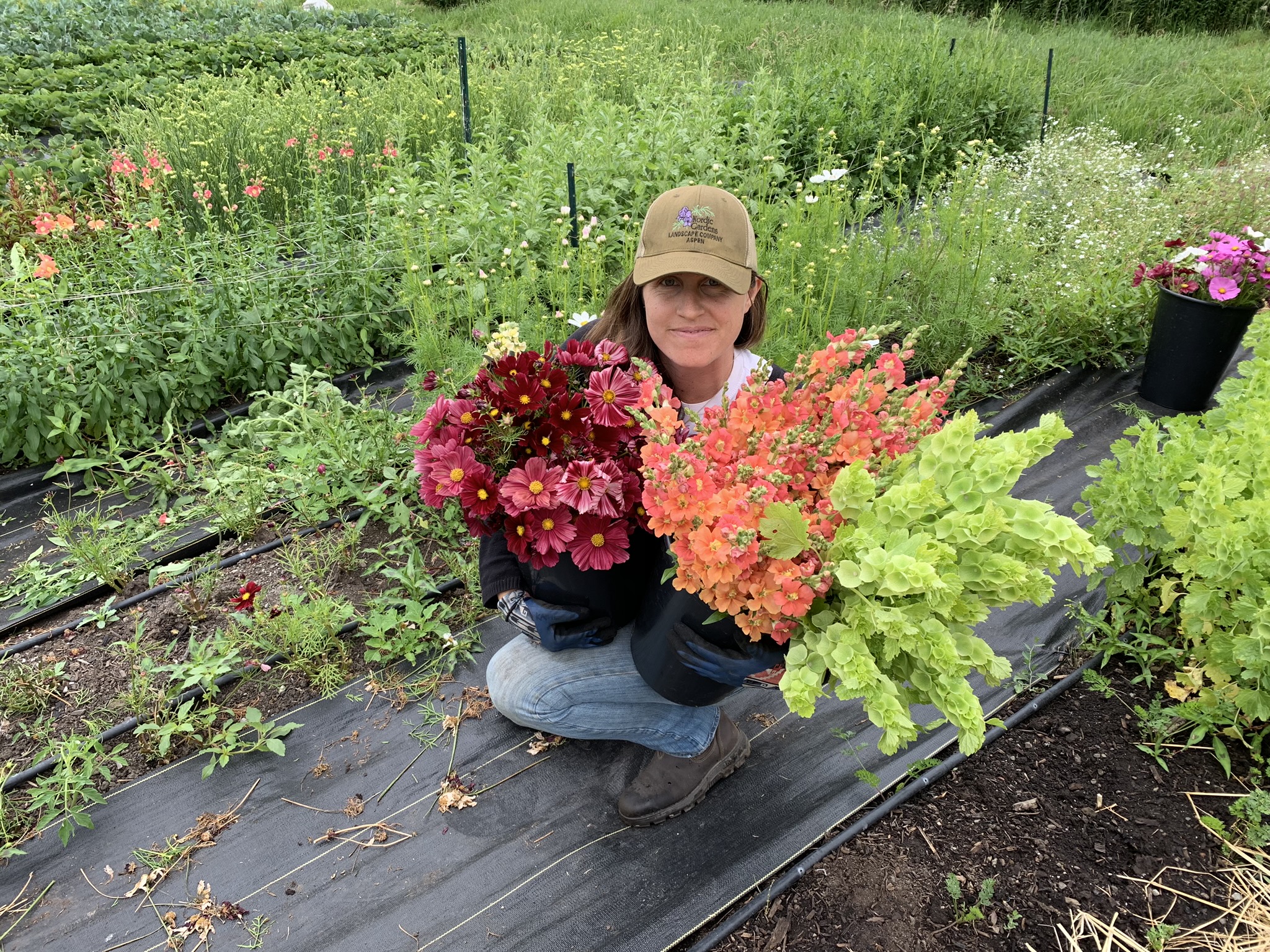 Katie chose to attend college in more culturally diverse California. There she majored in Globalization Studies with an emphasis on English and Environmental Studies at UC Santa Barbara. Later Katie completed a Certificate in Ecological Horticulture from UC Santa Cruz. She took that knowledge into the field by co-founding a no-till flower farm in Northern California. During that time in California, she made a breakthrough discovery that led to her current passion.
Katie chose to attend college in more culturally diverse California. There she majored in Globalization Studies with an emphasis on English and Environmental Studies at UC Santa Barbara. Later Katie completed a Certificate in Ecological Horticulture from UC Santa Cruz. She took that knowledge into the field by co-founding a no-till flower farm in Northern California. During that time in California, she made a breakthrough discovery that led to her current passion.
“At a college level, I really got frustrated with an old school environmentalism that sees the solution as taking humans out of the environment,” she says. “We can be extremely detrimental to the world, but we can also be positive forces. So studying that at a global scale, I got tired of the old classical environmental look at that. I became increasingly interested in how social justice, race, and gender intersected with food production. It was really an ah-ha moment for me to discover how agriculture connects all those issues to humans.”
Through her college studies, farming, and non-profit work in California and abroad, Katie’s perspective on the importance of food came together. She learned that climate is the most important and urgent topic affecting farmers worldwide. “You ask any farmer and they’ll tell you that frosts that used to happen at a certain time are happening later or not at all.”
Another issue facing farmers is land access. Too many farmers, or would-be farmers, are being priced out of areas. Costs to acquire land are simply too high. Through these and other agriculture-related issues, Katie saw a need to connect farmers and share knowledge. That’s where the idea of Farmer Campus came in.
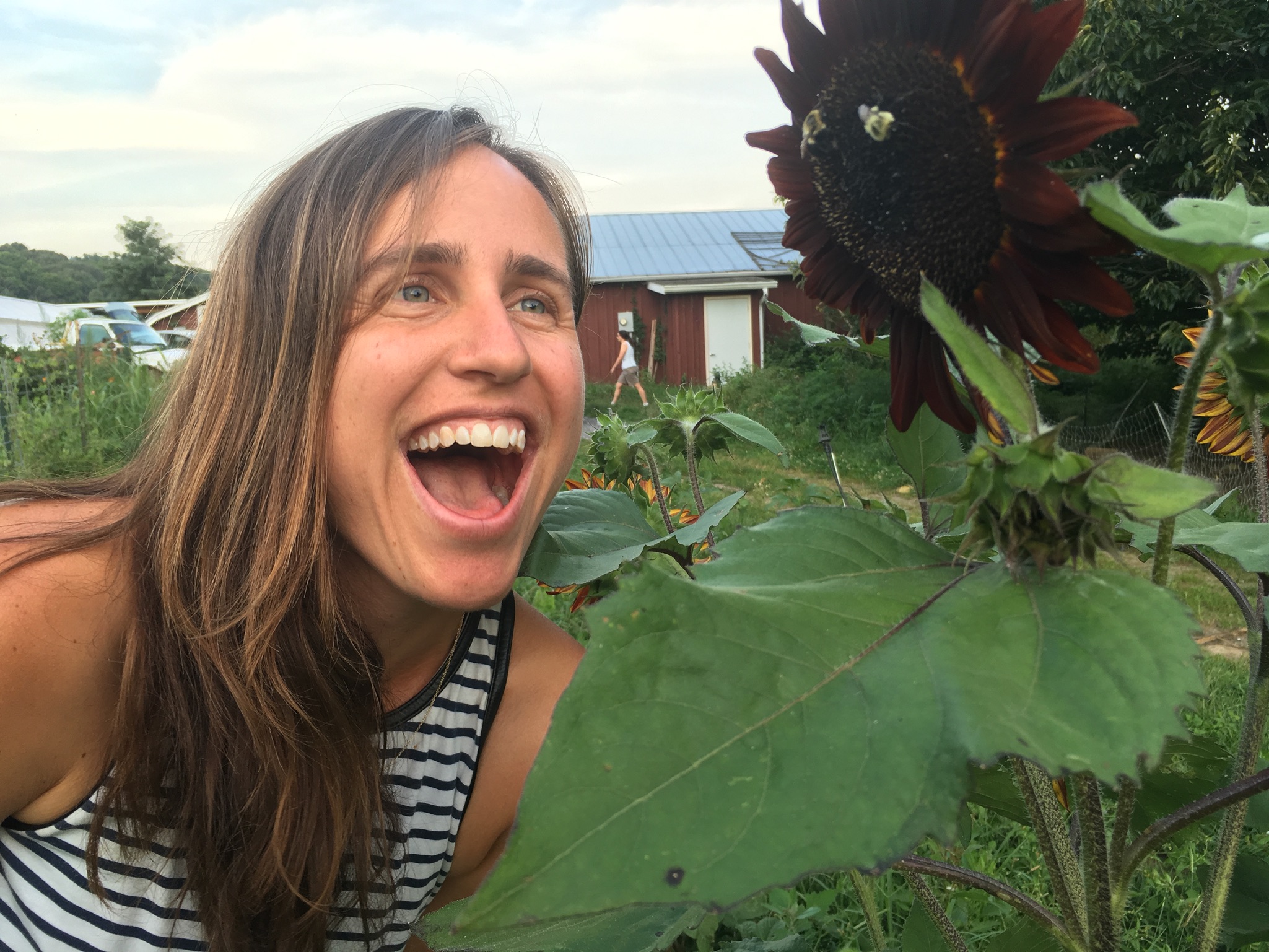 While working at a non-profit in the Bay area, Katie and colleague Natalia Pinzón co-founded Farmer Campus. The online platform aims to connect farmers so they can share educational resources. “Farmers are the busy, resource-strapped, and land-based people. They are often remote and isolated from each other, so we wanted to create a place where they could connect and learn without leaving their farm.“Most of Farmer Campus’s education content centers around climate, wildfire resilience, agroecology and, community building. Through the platform, they hope that farmers get the education they need to thrive.
While working at a non-profit in the Bay area, Katie and colleague Natalia Pinzón co-founded Farmer Campus. The online platform aims to connect farmers so they can share educational resources. “Farmers are the busy, resource-strapped, and land-based people. They are often remote and isolated from each other, so we wanted to create a place where they could connect and learn without leaving their farm.“Most of Farmer Campus’s education content centers around climate, wildfire resilience, agroecology and, community building. Through the platform, they hope that farmers get the education they need to thrive.
One local success story Katie cites is Dooley Creek Farm, eight miles south of Carbondale. Farm owners Jake and Mollie Shipman have created a 100-acre regenerative farm there. They offer organic beef, chicken, pork, turkey, and eggs from sustainable practices. Katie got to know the Shipmans while writing an article about the farm for Edible Aspen. Katie explains, “The Shipmans are an example of people who use their livelihoods to better their communities, land and impact climate change through regenerative agriculture, which shows how important farmers are to life on earth.”
The Shipmans are also a prime illustration, she says, of the benefits of farmers connecting with each other. While Katie’s past work has focused internationally, she enjoys helping local farmers succeed. “Farmers are some of the most humble people I’ve ever met and the most knowledgeable.” The Shipmans are no exception. When they lost their home to a fire last fall, the farming community rallied to help them keep farming and begin rebuilding.
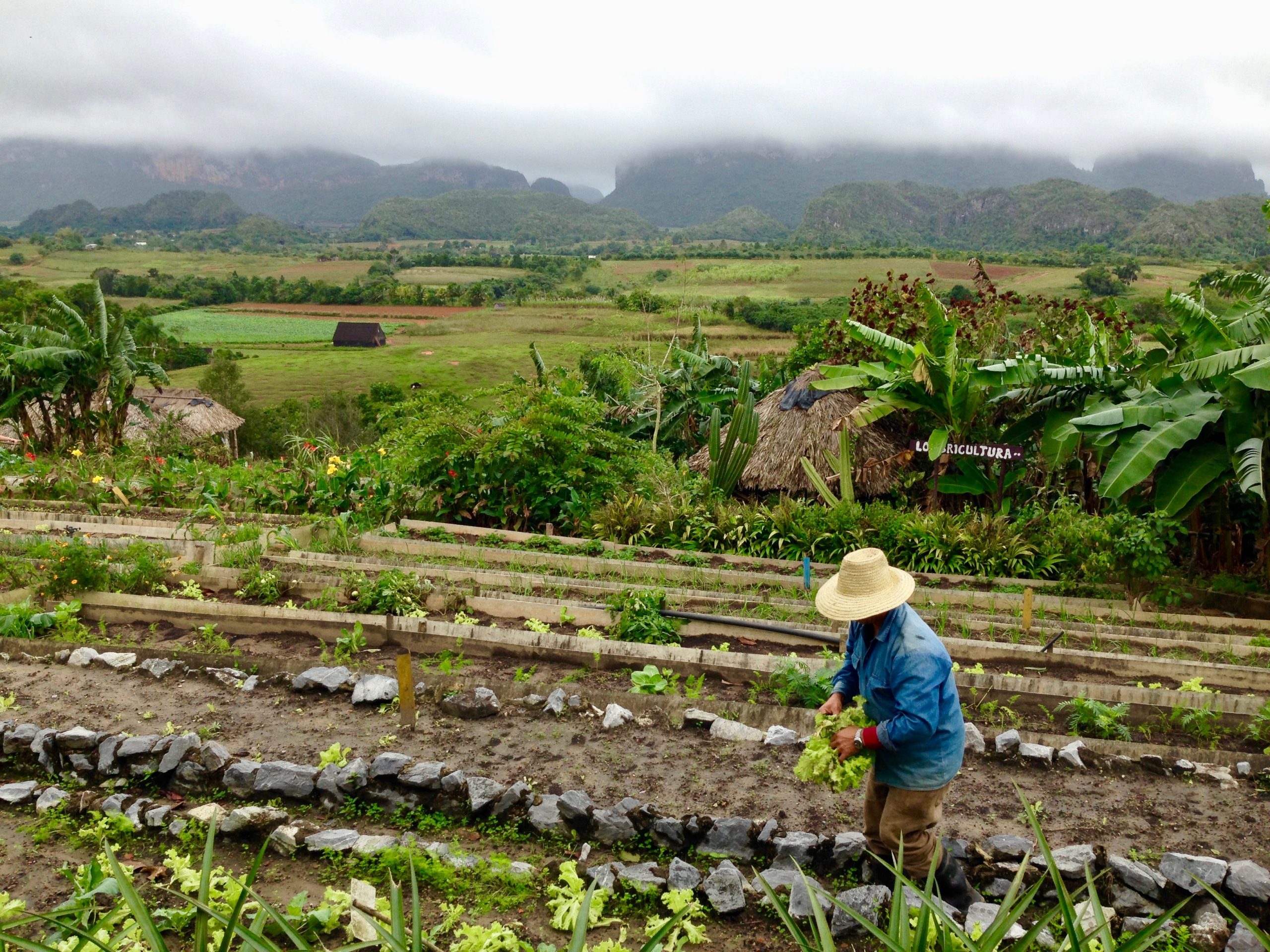 Katie emphasizes that topics like climate change, wildfires, and land access, are complex. “But because we live in a place of privilege, we don’t get to live without hope.” That hope for a brighter future energizes Katie in her work. You can hear that hope in Katie’s voice as she talks about her work.
Katie emphasizes that topics like climate change, wildfires, and land access, are complex. “But because we live in a place of privilege, we don’t get to live without hope.” That hope for a brighter future energizes Katie in her work. You can hear that hope in Katie’s voice as she talks about her work.
Katie agrees that teachers like A.O., Dave, Mark, and Amanda helped instill that hope in her. They challenged Katie to think bigger and differently about the world. And like many alumni, those CRMS connections still weave through her life today. “I still go hiking with Amanda and talk about literature, pedagogy, and social justice. Amanda has had a profound impact on me.”
What advice does Katie give current CRMS students and young alumni? “Life is not linear. Follow the path you feel most called to. Get out of your comfort zone, and don’t stay in a place where life will not challenge you. Seek out and celebrate diversity. ”
 MYCRMS
MYCRMS
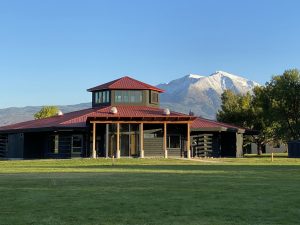
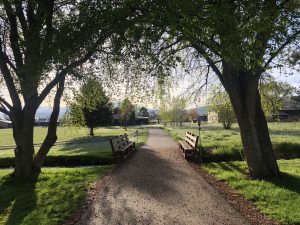
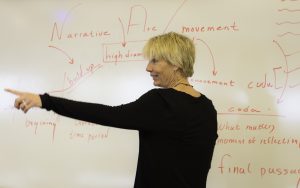
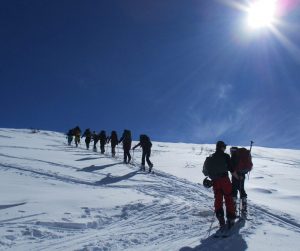
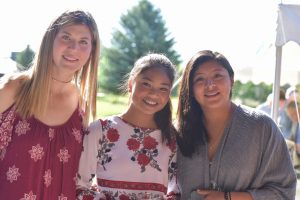
 Virtual Tour
Virtual Tour